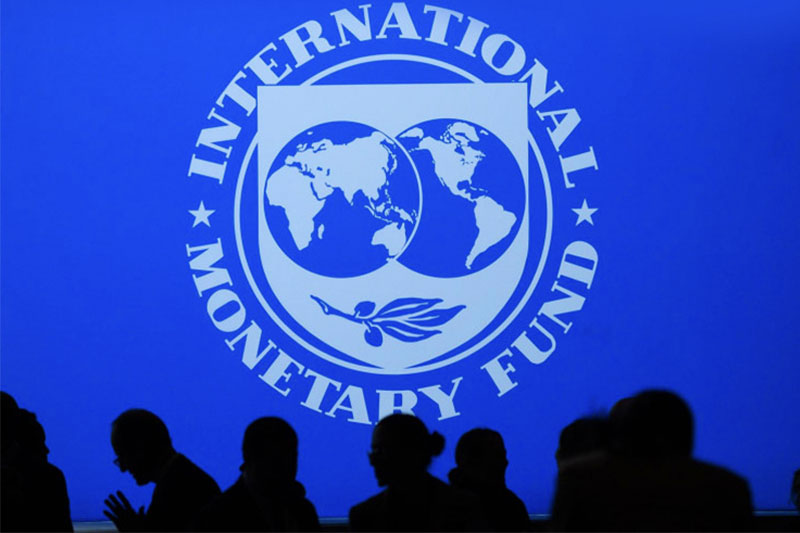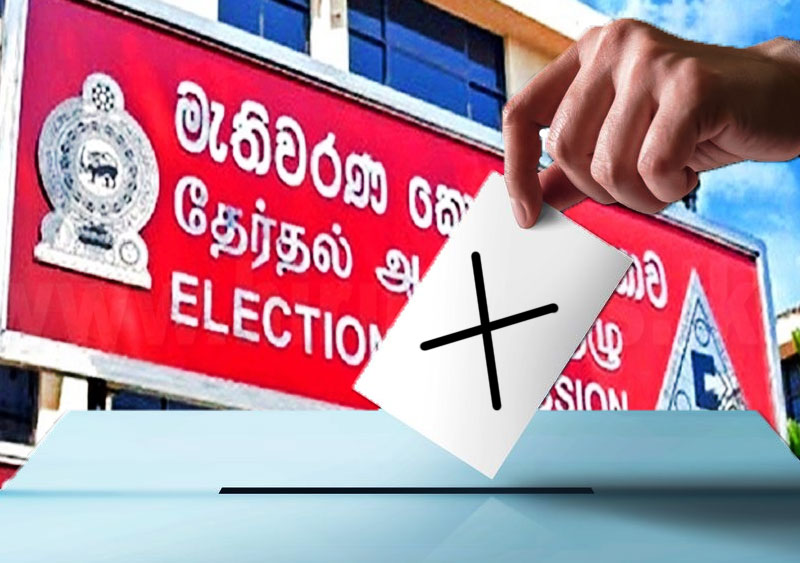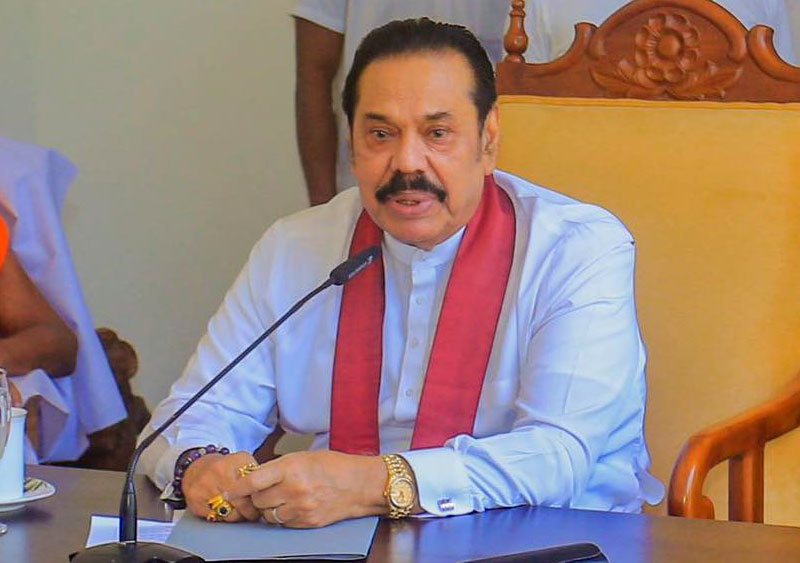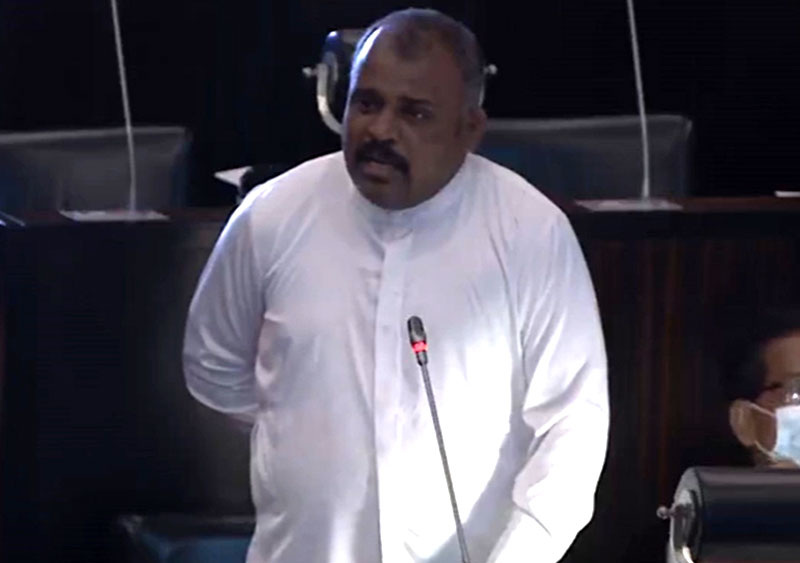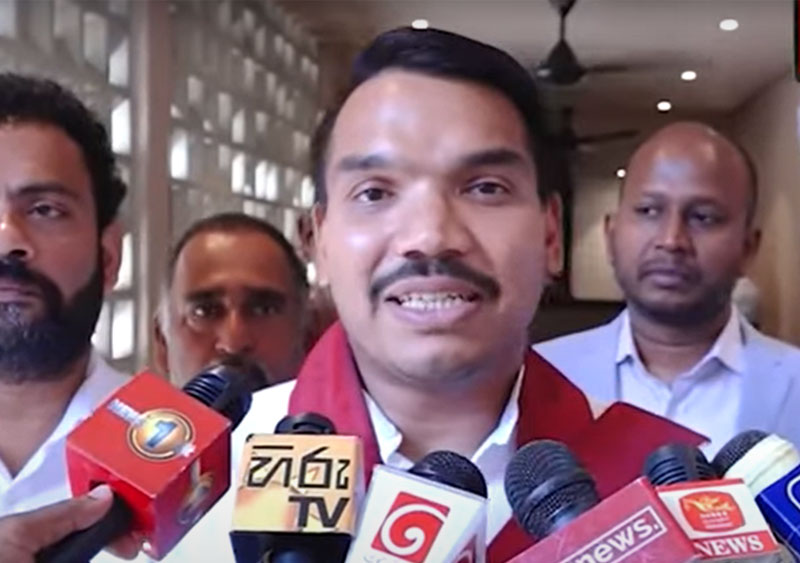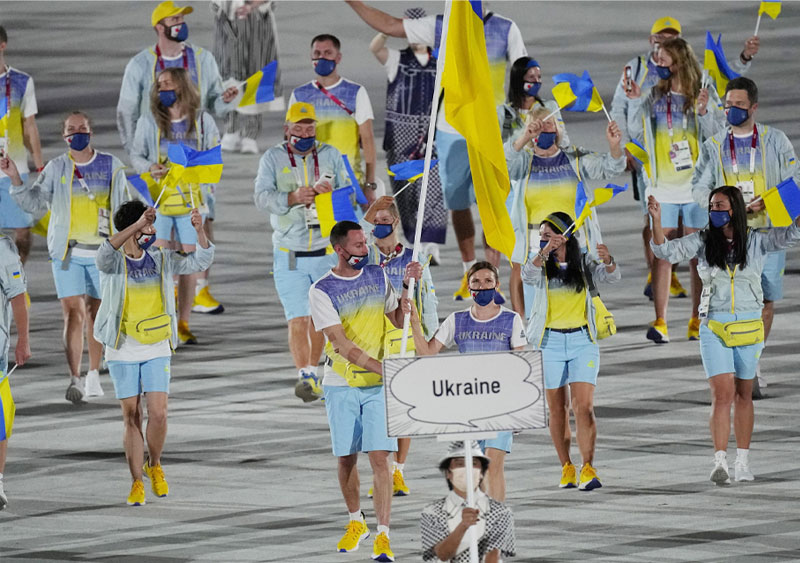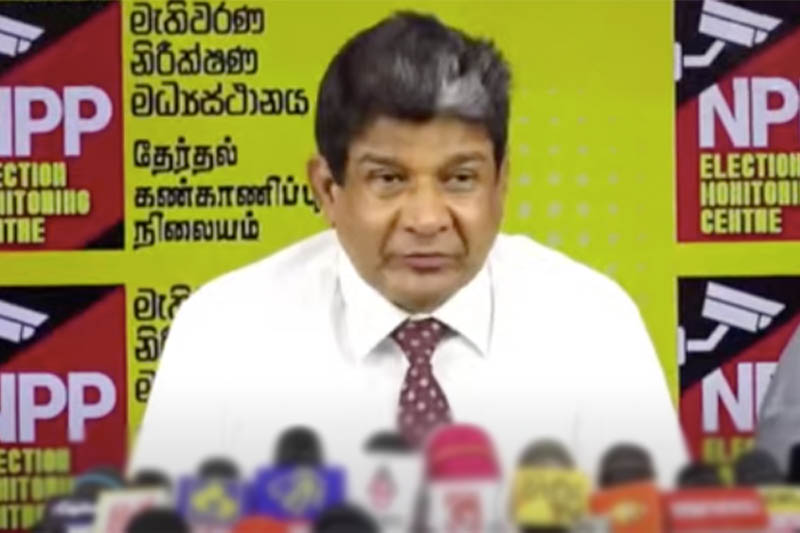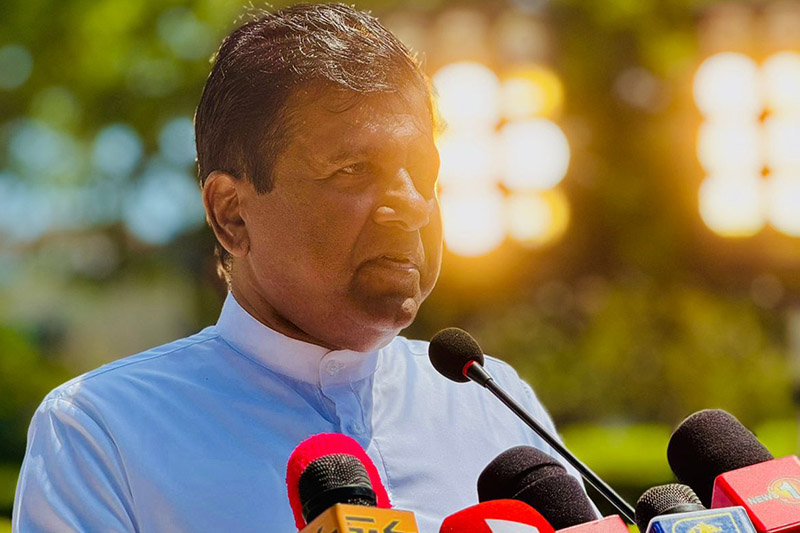Sri Lanka is still failing on the governance improvements that are foundational for its economic recovery, said Verite Research yesterday (09) ahead of the IMF Executive Board’s review on the release of third tranche to the country on 12 June.
According to the latest update of the ‘IMF Tracker’ by Verité Research, Sri Lanka verifiably failed to meet 25% of the commitments due by the end of May under the program renewed in December 2023.
Of the 63 commitments due, 32 were classified as ‘met’, 16 as ‘not met’, and 15 as ‘unknown’ – meaning data was not available to verify the status.
The prognosis of failing on governance comes from examining the 16 commitments that were ‘not met’.
7 of them were on financial management, 6 on financial transparency, and 3 on anti-corruption measures.
Sri Lanka is failing to comply with the IMF program precisely on the aspects that were diagnosed as the root causes of the economic crisis – problems of financial transparency, management and corruption.
Many of the commitments not complied with at the second disbursement were also related to actions on transparency and anti-corruption.
The governance diagnostic assessment (GDA) led by the IMF, published in September 2023, and was the first-ever IMF-led GDA for an Asian country.
It also aligned closely with a separate GDA published by Sri Lanka’s civil society.
The hope was that this 17th IMF program would decisively solve Sri Lanka’s economic woes by dealing with the root causes of corruption and mal-governance.
However, the lack of progress on these actions – which are now being repeatedly glossed over in program renewal – suggests that the IMF is not giving adequate weightage to compliance with the governance commitments.
The standard fiscal measures to which the IMF has given higher weightage are those that were present in the 16 previous IMF programs as well.
What is distinctive about the current program is the focus on meaningful measures to improve transparency and anti-corruption.
If these measures do not become the foundation of Sri Lanka’s economic recovery, it will be a missed opportunity that then fosters the cycles of the past – which is to return Sri Lanka to yet another IMF program within five years of completing the previous.
(Daily FT)

